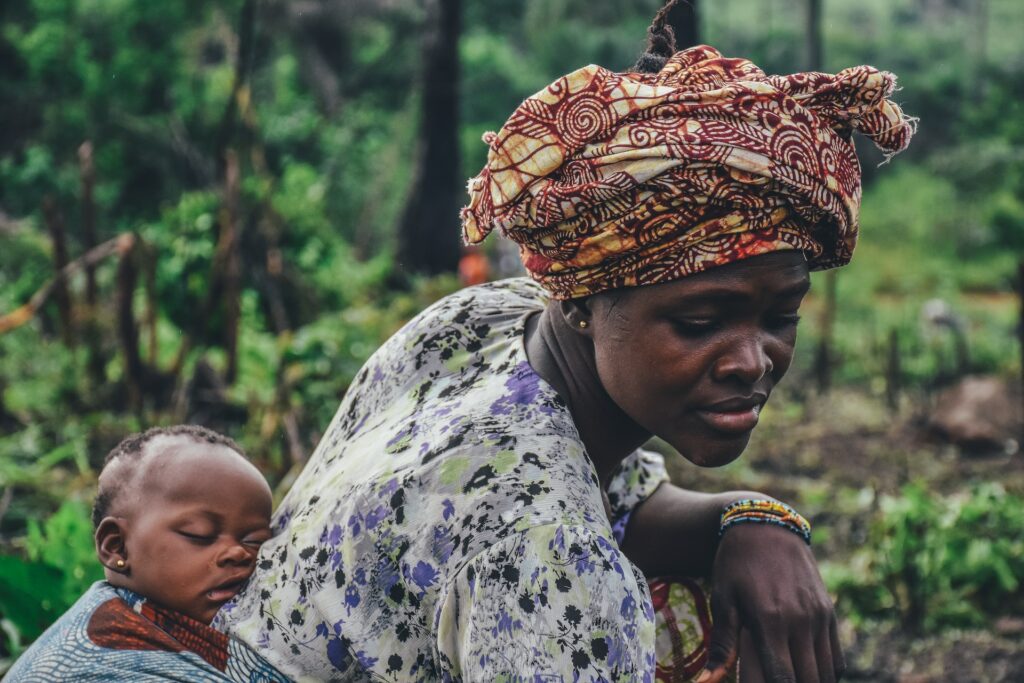Cooperatives in sub-Saharan Africa: Supporting and Financing Female Entrepreneurs
Cooperatives in sub-Saharan Africa
Most of us, even in the Western world, have heard about how micro-finance is helping people in developing countries to build their assets and wealth and improve their lives. But far fewer of us have heard about the role played by cooperatives in sub-Saharan Africa, particularly the role played by women’s cooperatives.
It is truly a unique business model and one which merits a level of exploration and consideration on its own.
Cooperatives in Africa look much different from those we know in North America and play a vital, if not critical, role in improving the production and distribution of agricultural products.
Levels of Organization
There are three levels of cooperatives:
- the apex, or umbrella;
- the producers or processors;
- and the individual, or local.
The apex level typically focuses on marketing and exporting of agricultural products, seeking to coordinate getting products to market at improved prices through collective supply chain power. The producers/processors level seeks to coordinate production and value-added processing.
The local or individual cooperatives tend to bring individual farmers together to collectively farm one product and take advantage of efficiencies of scale, improved pricing for their product, and greater access to financing that allows them to increase production through investment in farming implements and fertilizer.
Unique Application to Women
Although cooperatives are not restricted by gender, in many regions of sub-Saharan Africa, they are predominantly so constituted. Funds are available through various agencies to groups that organize themselves into cooperative agricultural societies.
The World Bank has a USD$95 million fund available for these projects through its Agricultural Commercialization Project. Qualifying groups must provide 30% of the funding required for their project, giving them, as the expression goes, “skin in the game.”
In one broadly publicized example, a women’s cooperative in Machinga, Malawi, received a USD$15,000 grant. The group was engaged in processing cassava roots into flour and had previously used a hand mill to physically pound dried roots into usable flour. The group’s capacity was 1.5 tons per month, but a small drop in the bucket of the local market demand for 50 tons.
Now, the Nsanama Women’s Cooperative meets 100% of that demand, and further grinds maize into flour and makes livestock feed. So with a tiny investment by Western standards, a thriving, life-changing business has been created.
Faith-based Lending Helps
Although default rates by cooperatives are apparently quite low, many of the lower-level or primary cooperatives are faith-based. This, according to insiders in the industry, helps lower the default rates even further. Faith unifies the members into a sorority of sorts, and in fact, keeps them “honest” in the eyes of their God.
Church-sponsored cooperatives are quite prolific and have helped lift many families out of otherwise bleak fortunes as individual producers or processors.
Women Believing in Each Other—And Holding Each Other Accountable
It is fair to say that many a husband or partner of women who have become members of cooperatives were skeptical, at first. Many are dismissed by men as being little more than excuses for women to get together to gossip.
The reality couldn’t be further from the truth. Although the social elements of a women’s cooperative are compelling and meaningful for its female members, the women are there to work. Many are their family’s primary source of income, and as such, they take their roles, and the success of the cooperative, very seriously. The peer pressure that members put on each other, and their need to provide sustenance for their families drive these cooperatives to succeed.
Market Power is Improved
As all who appreciate even the basics of the laws of supply and demand can understand, by working together and creating more of whatever they are producing, the groups’ market power and ability to get fair pricing is dramatically higher.
Increased production can help the coops be market drivers due to the quantity of supply they produce. And, primary producers involved in growing the produce can do so more efficiently than individual growers as economies of scale pay off.
An Important Part of Helping
Cooperatives are and will remain, an important part of helping to ameliorate the lives of many sub-Saharan people. Their importance as one of the many tools that can be used to help build a better future for the developing world cannot be overlooked or underestimated.
***
I look forward to sharing this journey with you. Let’s connect on Twitter, Facebook, LinkedIn, or Instagram; or my newsletter here.
Those Who Would Be King: The People’s Prince is available to order now on Amazon! More options to come.

